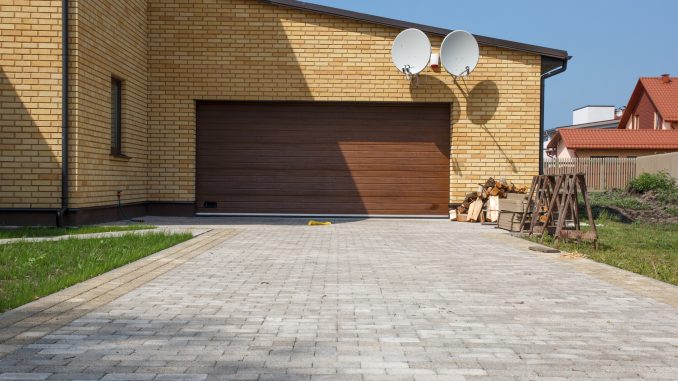
Your paving gives the first impression of your home.
As there are so many options to choose from, you may wonder which pavers will provide the best welcome to guests.
The driveway pavers you choose will more than likely depend on your personal taste. Yet, there are other aspects to consider before you make a decision.
Read the following top tips on how to choose between brick and concrete.
The Advantages of Brick Pavers
If you are looking for driveway pavers that will keep their color for a long time, you should consider clay bricks. Unlike concrete, brick can stand the test of time, even when exposed to UV rays.
While bricks are often known to crack and chip, they can last for decades to come. They are also more responsive to various stresses, such as traffic, moisture, and ice. Concrete is more susceptible to erosion.
Even when bricks do start to wear, they will maintain their character and charm. What’s more, they’re stain resistant and will need little maintenance.
Bricks are also the sustainable choice, as the are made from natural materials. In most cases, brick pavers have been salvaged, cleaned and reused in a walkway, patio or driveway.
The Advantages of Concrete Driveway Pavers
Brick maintains its shape and charm, but concrete pavers can be a more affordable option. This is often due to the lower fee for the raw materials.
In fact, bricks are believed to be more expensive in comparison to concrete. You can expect to pay $2 or $3 per square foot of concrete, while bricks will cost between $5 to $15.
Your creative imagination can run wild with concrete. There’s more room to develop a unique driveway design, as there are many design and color options.
There are also many new and improved pavers being designed on a regular basis. This means there could be options available to rival the benefits of brick.
Brick is also limited to a natural clay color, and is available in a rectangular shape and a few sizes. You do have the option to paint brick, but you must clean the materials 24 hours before painting.
Uniformed concrete pavers ensure they’re easier to cut and install. Bricks are much harder to cut and need more labor for installation.
Due to the kiln firing variable, bricks can often vary in their dimensions. Unfortunately, this makes the material difficult to install in comparison to concrete.
For this reason, concrete is the perfect choice for a hassle-free DIY project. While it does require more maintenance than brick, a sealant can prolong concrete’s life and color.
Conclusion
There are both pros and cons to bricks and concrete. The option you choose will depend on your personal taste and budget.
If you are looking for an affordable, flexible, hassle-free option, consider concrete. If you’re willing to spend a little more on a durable, maintenance-free paver, brick is the ideal choice.
Whatever you choose, both can create a beautiful driveway, patio or walkway. You can trust it will stand out for all the right reasons.
